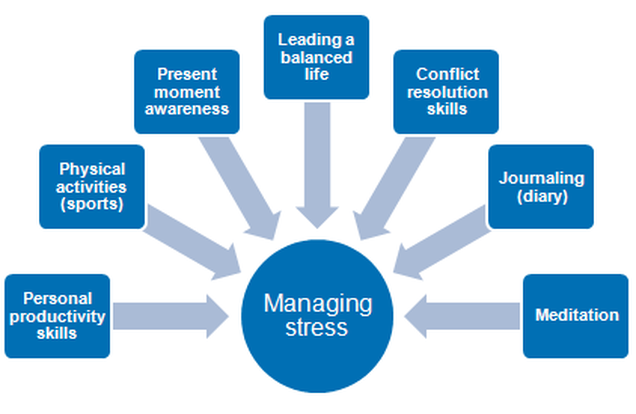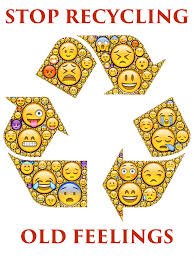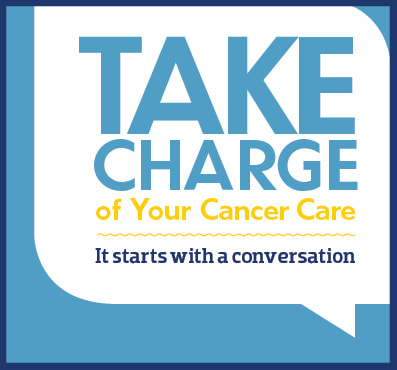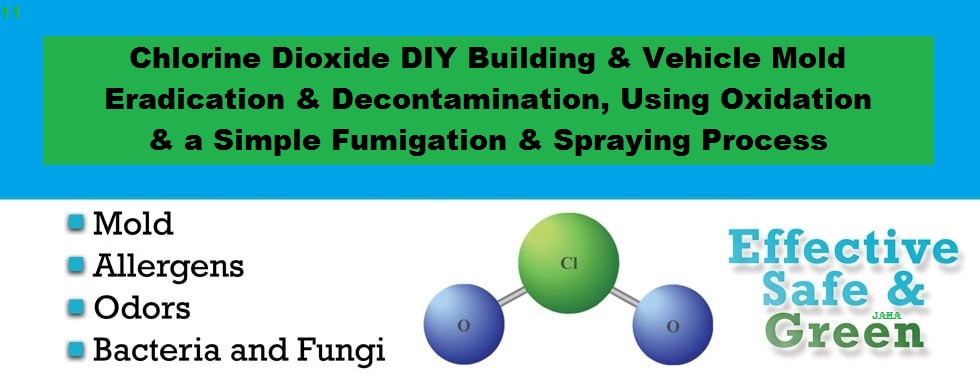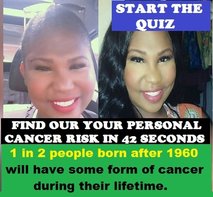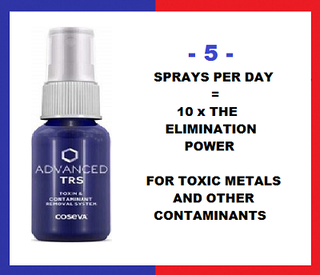Survivorship:
Managing the Emotional RollerCoaster
After Cancer Treatment
By Dr. Antonio Jimenez
For many, cancer treatment is all-consuming. Day in and day out, patients are told what to do and when to do it. So, naturally, they’re often a little unsure about what comes next when they finally hear the words, “You’re cancer-free!”
I always tell people there’s no singular solution. For some, the right answer is returning to the life they had before cancer, and for others, survivorship comes with significant adjustments and a whole new path. Regardless, I help each person understand that cancer recovery is about both physical and emotional healing. Feelings of stress, anxiety, depression, fear and guilt are normal; in fact, studies show that about 10 percent of survivors experience some form of mental distress that accompanies becoming cancer-free.
But even though these feelings are normal, they don’t have to be the new normal. If you learn to recognize the signs of each of these emotional challenges, you can begin to take measures to overcome them.
For many, cancer treatment is all-consuming. Day in and day out, patients are told what to do and when to do it. So, naturally, they’re often a little unsure about what comes next when they finally hear the words, “You’re cancer-free!”
I always tell people there’s no singular solution. For some, the right answer is returning to the life they had before cancer, and for others, survivorship comes with significant adjustments and a whole new path. Regardless, I help each person understand that cancer recovery is about both physical and emotional healing. Feelings of stress, anxiety, depression, fear and guilt are normal; in fact, studies show that about 10 percent of survivors experience some form of mental distress that accompanies becoming cancer-free.
But even though these feelings are normal, they don’t have to be the new normal. If you learn to recognize the signs of each of these emotional challenges, you can begin to take measures to overcome them.
Stress
If you’re feeling physically, mentally and/or emotionally tense, it’s safe to assume you’re experiencing stress. During the transition back to “normalcy,” several things can trigger stress, including returning to work or finding a new job, managing financial obligations, rebuilding relationships, and dealing with lingering side effects.
These challenges can stack up and quickly turn into chronic, or persistent, stress. This type of stress can then cause all kinds of health issues, perhaps most seriously a weakening of the immune system, so it’s important to catch it early.
If you think you might be on the verge of chronic stress, I’d advise you first to be patient with yourself. Prioritize your to-do list, accomplish what you can, and understand things will eventually get done. Say “no” to anything you can’t handle, and schedule time for relaxation and meditation each day. If your stress is proving unmanageable on your own, counselors and therapists can be valuable resources.
Anxiety
Worry, unease, muscle tension, trembling, irritability, dry mouth, restlessness and trouble focusing are all signs of anxiety. Many of my patients become anxious about their futures immediately after treatment stops, and because it can become crippling if left unacknowledged, I encourage them to face it right away.
Meditation, deep breathing and exercise can go a long way toward reducing anxiety. Self-help and support groups are also a great tool for those who prefer outside assistance.
If you’re feeling physically, mentally and/or emotionally tense, it’s safe to assume you’re experiencing stress. During the transition back to “normalcy,” several things can trigger stress, including returning to work or finding a new job, managing financial obligations, rebuilding relationships, and dealing with lingering side effects.
These challenges can stack up and quickly turn into chronic, or persistent, stress. This type of stress can then cause all kinds of health issues, perhaps most seriously a weakening of the immune system, so it’s important to catch it early.
If you think you might be on the verge of chronic stress, I’d advise you first to be patient with yourself. Prioritize your to-do list, accomplish what you can, and understand things will eventually get done. Say “no” to anything you can’t handle, and schedule time for relaxation and meditation each day. If your stress is proving unmanageable on your own, counselors and therapists can be valuable resources.
Anxiety
Worry, unease, muscle tension, trembling, irritability, dry mouth, restlessness and trouble focusing are all signs of anxiety. Many of my patients become anxious about their futures immediately after treatment stops, and because it can become crippling if left unacknowledged, I encourage them to face it right away.
Meditation, deep breathing and exercise can go a long way toward reducing anxiety. Self-help and support groups are also a great tool for those who prefer outside assistance.
Depression
Depression is an affliction with many faces and is more complex than feelings of sadness alone. A true diagnosis of depression requires feeling at least five of these symptoms every day for at least two weeks:
The cancer experience as a whole leaves many people struggling with depression. Unfortunately, many never mention it because they think it’s normal. Even though depression might be normal for survivors, it can and should be treated.
Depression is an affliction with many faces and is more complex than feelings of sadness alone. A true diagnosis of depression requires feeling at least five of these symptoms every day for at least two weeks:
- Persistent sadness or anxiousness
- Sleep issues
- Loss of interest in once-enjoyable activities
- Feelings of hopelessness, helplessness, guilt or worthlessness
- Fatigue and loss of energy
- Difficulty concentrating, remembering or making decisions
- Changes in appetite and/or weight
- Thoughts of death or suicide
- Restlessness and irritability
- Social withdrawal
- Repeated bouts of crying
The cancer experience as a whole leaves many people struggling with depression. Unfortunately, many never mention it because they think it’s normal. Even though depression might be normal for survivors, it can and should be treated.
I recommend using counseling or therapy as a means of exploring the emotional issues contributing to the depression and working to turn negative thoughts and behaviors into positive ones. I also suggest that patients take matters into their own hands and try meditation, massage therapy, art therapy, music therapy, exercise, guided imagery, and/or deep breathing practices.
Fear
If you have trouble making long-term plans and obsess about your cancer coming back, you’re living with fear. To manage this emotion in my patients, I help them develop long-term at-home care plans, so they know they’re actively working to keep their cancer at bay. These plans include everything from healthy eating and exercise to meditation and the pursuit of hobbies.
Time also helps heal fear, as trust in your body will eventually return.
Guilt
Feeling like you’re to blame for your cancer is a surefire sign of guilt, as is worrying you overburdened your loved ones during treatment and wondering why you survived while some others didn’t.
I always tell people a great way to reduce guilty feelings is to somehow give back to the cancer community. Volunteering in any capacity can give you a sense of purpose and pride, which often will eventually overshadow any blame you’ve placed on yourself.
Acknowledgment and Acceptance
The first steps on the road to emotional health are acknowledging whether you’re feeling one or more of these emotions – stress, anxiety, depression, fear and/or guilt – and accepting that your feelings are perfectly valid, understandable and nothing to be embarrassed about. From there, you can determine how to best manage them and prevent them from becoming more severe.
Remember, cancer survivorship is about physical and emotional healing. Care for yourself equally in both areas.
Article excerpt from: http://www.hope4cancer.com/testimonials.html
Fear
If you have trouble making long-term plans and obsess about your cancer coming back, you’re living with fear. To manage this emotion in my patients, I help them develop long-term at-home care plans, so they know they’re actively working to keep their cancer at bay. These plans include everything from healthy eating and exercise to meditation and the pursuit of hobbies.
Time also helps heal fear, as trust in your body will eventually return.
Guilt
Feeling like you’re to blame for your cancer is a surefire sign of guilt, as is worrying you overburdened your loved ones during treatment and wondering why you survived while some others didn’t.
I always tell people a great way to reduce guilty feelings is to somehow give back to the cancer community. Volunteering in any capacity can give you a sense of purpose and pride, which often will eventually overshadow any blame you’ve placed on yourself.
Acknowledgment and Acceptance
The first steps on the road to emotional health are acknowledging whether you’re feeling one or more of these emotions – stress, anxiety, depression, fear and/or guilt – and accepting that your feelings are perfectly valid, understandable and nothing to be embarrassed about. From there, you can determine how to best manage them and prevent them from becoming more severe.
Remember, cancer survivorship is about physical and emotional healing. Care for yourself equally in both areas.
Article excerpt from: http://www.hope4cancer.com/testimonials.html
More Reading on Survivorship:
A New Normal
Adjusting to physical and emotional changes after cancer treatment and tips on coping with fear of recurrence.
Follow-Up Medical Care:
Information about follow-up medical care for patients who have completed cancer treatment. Discusses your follow-up care plan, getting a wellness plan, and guidelines for a healthy lifestyle.
Late Side Effects of Cancer Treatment:
Cancer treatment can cause late side effects that may not show up for months or years after treatment. These late effects may include heart and lung problems, bone loss, eye and hearing changes, lymphedema, and other problems.
Family Issues after Treatment:
Discusses common family problems and issues that often occur after treatment and ways to cope.
Care for Childhood Cancer Survivors:
Survivorship care for children who have been treated for cancer is important. Get your child's treatment summary, survivorship plan, and recommendations on follow-up care clinics. Learn about long-term and late effects.
Questions to Ask Your Doctor When You Have Finished Treatment:
Suggested questions for cancer patients to ask their doctors after treatment is finished and they are planning for follow-up care and next steps.
As hard as treatment is, many cancer survivors say that the experience led them to make important changes in their lives. It helped them learn the value of being grateful for each day and for the people in their lives.
When you have finished your cancer treatment, you will talk with your doctor about next steps and follow-up care. You may want to ask your doctor some of the following questions:
What feelings and emotions are you experiencing in your cancer journey?
You can get a Cancer Health & Wellness Coach to support You.
Related Resources
Adjusting to physical and emotional changes after cancer treatment and tips on coping with fear of recurrence.
Follow-Up Medical Care:
Information about follow-up medical care for patients who have completed cancer treatment. Discusses your follow-up care plan, getting a wellness plan, and guidelines for a healthy lifestyle.
Late Side Effects of Cancer Treatment:
Cancer treatment can cause late side effects that may not show up for months or years after treatment. These late effects may include heart and lung problems, bone loss, eye and hearing changes, lymphedema, and other problems.
Family Issues after Treatment:
Discusses common family problems and issues that often occur after treatment and ways to cope.
Care for Childhood Cancer Survivors:
Survivorship care for children who have been treated for cancer is important. Get your child's treatment summary, survivorship plan, and recommendations on follow-up care clinics. Learn about long-term and late effects.
Questions to Ask Your Doctor When You Have Finished Treatment:
Suggested questions for cancer patients to ask their doctors after treatment is finished and they are planning for follow-up care and next steps.
As hard as treatment is, many cancer survivors say that the experience led them to make important changes in their lives. It helped them learn the value of being grateful for each day and for the people in their lives.
When you have finished your cancer treatment, you will talk with your doctor about next steps and follow-up care. You may want to ask your doctor some of the following questions:
- How long will it take for me to get better and feel more like myself?
- What kind of care should I expect after my treatment?
- What long-term health issues can I expect as a result of my cancer and its treatment?
- What is the chance that my cancer will return?
- What symptoms should I tell you about?
- What can I do to be as healthy as possible?
- Which doctor(s) should I see for my follow-up care? How often?
- What tests do I need after treatment is over? How often will I have the tests?
- What records do I need to keep about my treatment?
- Can you suggest a support group that might help me?
What feelings and emotions are you experiencing in your cancer journey?
You can get a Cancer Health & Wellness Coach to support You.
Related Resources

